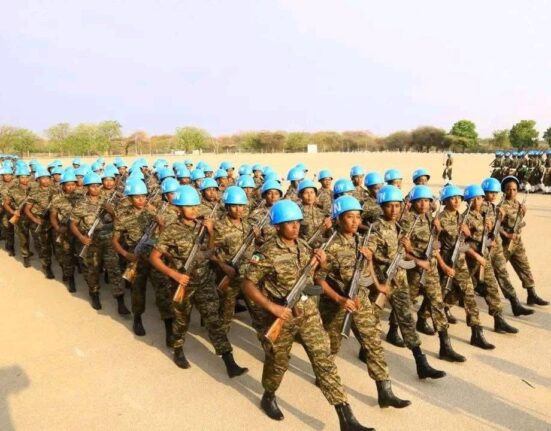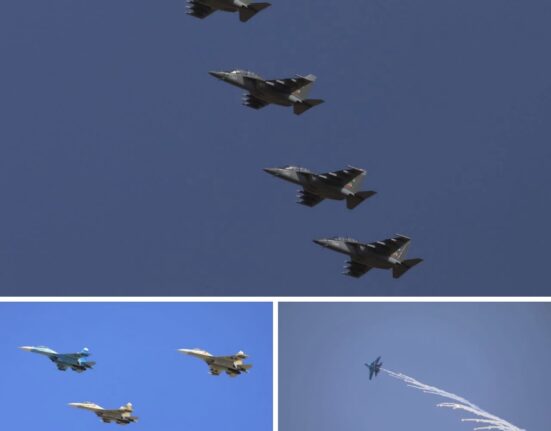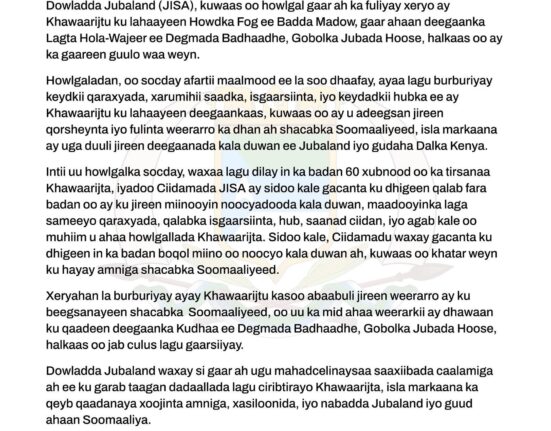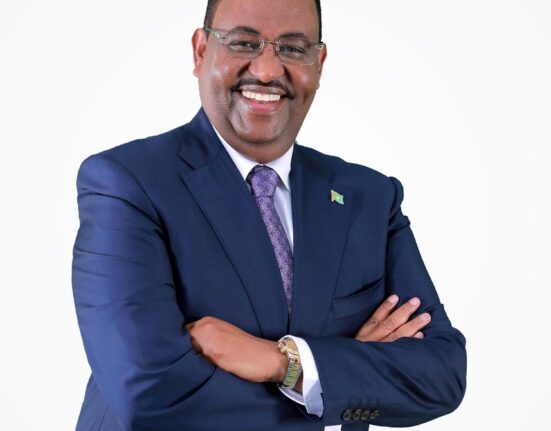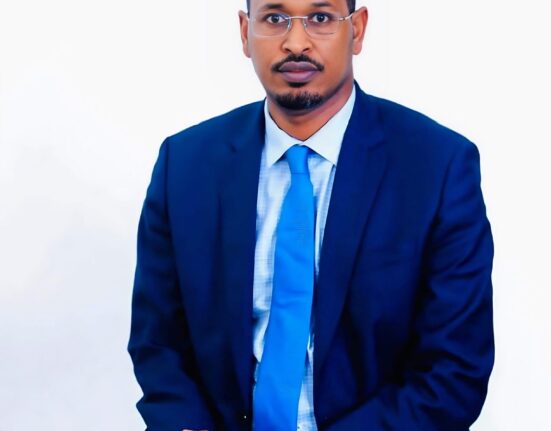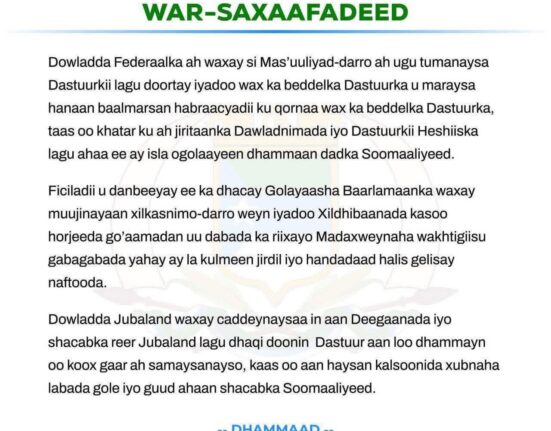
The Somali Regional State (SRS) finds itself at a dangerous political crossroads—caught between promises of reform and the realities of elite corruption. Beneath the surface of public speeches and tightly staged party meetings, a quiet but explosive internal war is unfolding at the heart of the Prosperity Party’s regional leadership.
What was once a unified front under President Mustafe Omar is now fractured. Leaked internal discussions, strategic reshuffles, and rising tensions reveal that the Presidium—the region’s executive elite—is no longer a team bound by shared goals, but a group fragmented by self-interest, personal wealth schemes, and power jockeying.
At the center of this storm stands Ibrahim Osman, the sitting Vice President and arguably the most controversial figure in Somali regional politics today.
The Emperor Without Clothes: Ibrahim’s Web of Corruption
Ibrahim Osman was once Mustafe’s trusted lieutenant, handed sweeping authority over public projects and regional development. But sources close to the leadership now admit this trust was catastrophically misplaced. Ibrahim constructed a personal empire on the back of government contracts, building an internal “payment system” where every major contractor allegedly had to pay a percentage to his office—or risk exclusion.
The numbers are staggering: over 150 million birr in personal kickbacks within a single fiscal year, according to confidential memos reviewed by regional technocrats. These were not wild accusations shouted by opposition members—these were internal records, quietly compiled, waiting for the political climate to shift.
And it has.
President Mustafe, once known for avoiding direct confrontations, is now said to be furious and disillusioned. In private meetings, he reportedly said, “I’m done protecting these people. I won’t take the blame for their theft anymore.” A subtle reference, insiders believe, to Ibrahim and others in his inner circle.
The Shale Complication: A Political Alliance on Life Support
But it’s not only Ibrahim who stands accused. The President’s long-time ally Mohamed Shale, widely seen as the mastermind behind bureau-level appointments and land approvals, is also under scrutiny. For years, Shale enjoyed near-total freedom—dominating urban policy, reshuffling leadership, and allegedly amassing vast real estate portfolios in and around Jigjiga.
Despite the mounting criticism, Mustafe has hesitated to move directly against Shale. Why?
The answer lies in political necessity. According to well-placed sources, Mustafe and Shale recently entered into a tense political truce, with Shale offering support in the internal fight against Ibrahim Osman and others. It’s a fragile alliance, one built not on principle, but on mutual survival.
Yet many close to the President are beginning to question whether this alliance is worth the cost. Rumors are now spreading that Mustafe is preparing to sacrifice Shale, offering him a less significant post or quietly removing him altogether. One observer close to the President put it bluntly: “He will fire him soon. The party cannot clean house while Shale remains at the table.”
Power Vacuum and Federal Pressure
Complicating matters further is the growing sense that federal actors are watching closely—and possibly intervening. Pro-Ibrahim figures claim to have already lobbied top officials in Addis Ababa, warning that Mustafe’s removal is necessary for “stability.” They claim to have secured majority support within the party’s central committee to launch an internal challenge.
But Mustafe is not backing down. Reports suggest he has the quiet support of federal finance minister Ahmed Shide, and has begun grooming a new political team loyal to reform—including a possible successor to Ibrahim Osman. One name frequently whispered in party corridors is Abdirahman Hure—a younger, more disciplined figure seen as a “clean break” from the current ruling elite.
Final Days of the Presidium?
The truth is that the Somali Regional Presidium, once seen as a unified executive bloc, is now politically bankrupt. Most of its members are deeply compromised. Some, like Ibrahim, have transformed their office into infrastructure for personal enrichment. Others are simply absent, watching as the house crumbles.
If President Mustafe is serious about reform, this is his final opportunity to act. Any hesitation will be interpreted as weakness—and may lead to his own political demise.
In Jigjiga, the streets are quiet. But behind the walls of government offices, files are being opened, alliances redrawn, and betrayals tallied. The coming weeks will determine not only the future of President Mustafe, but whether the Somali Region has any real hope of breaking free from the grip of corruption without consequence.
the Question is , who is going to die
Pen 🖊️ Name(Omar Mohamed )
Political Analyst and rumor reporter.



